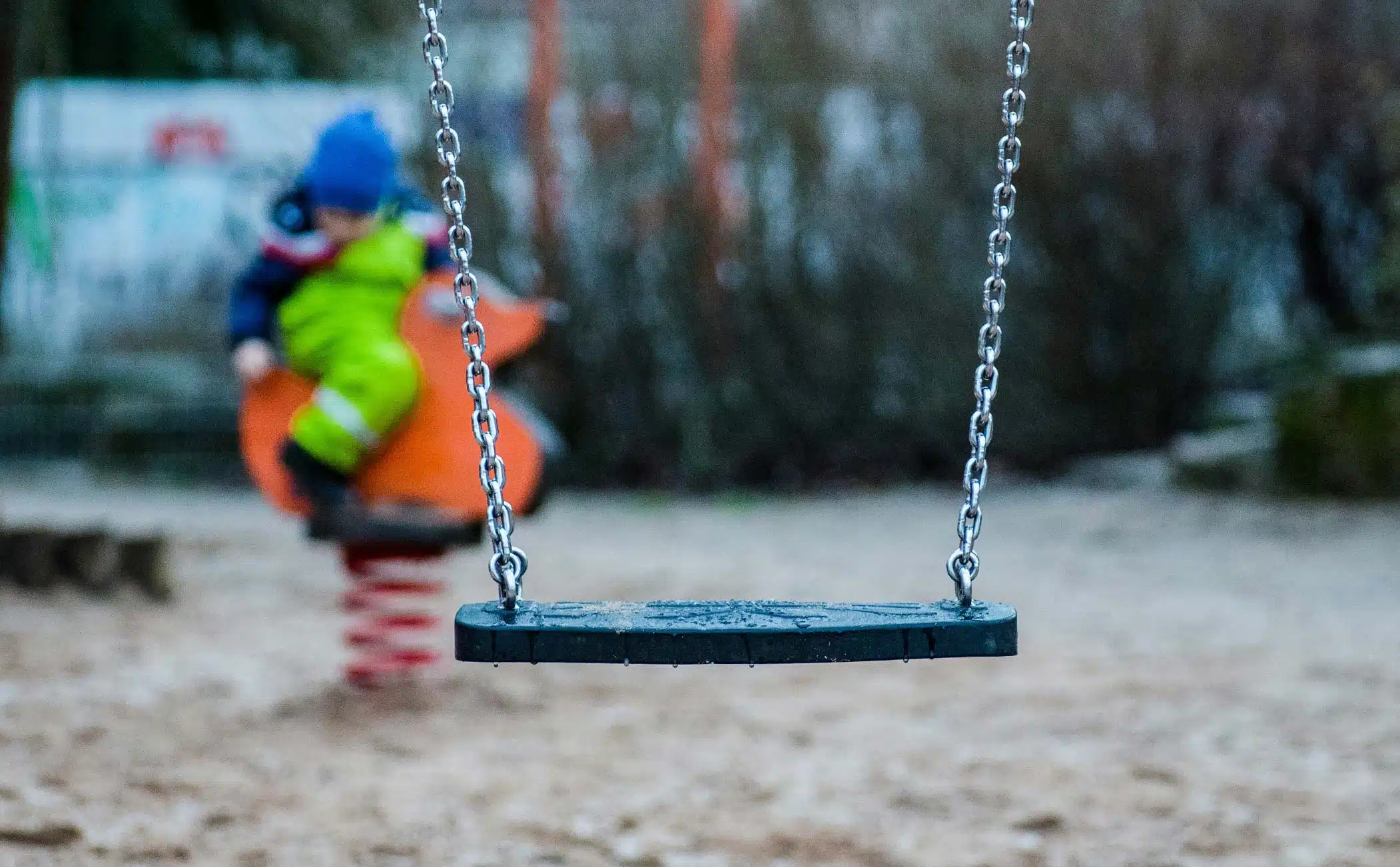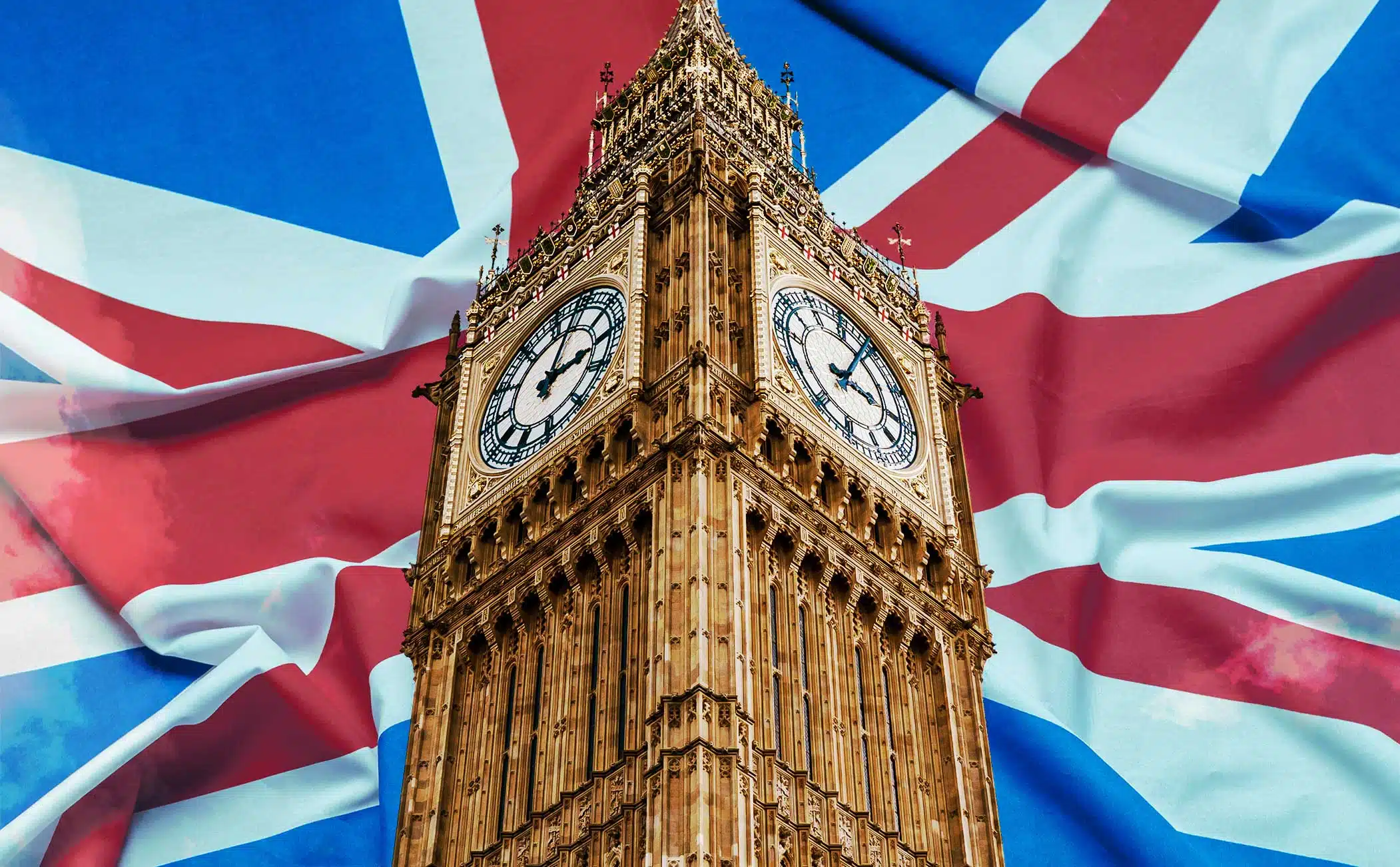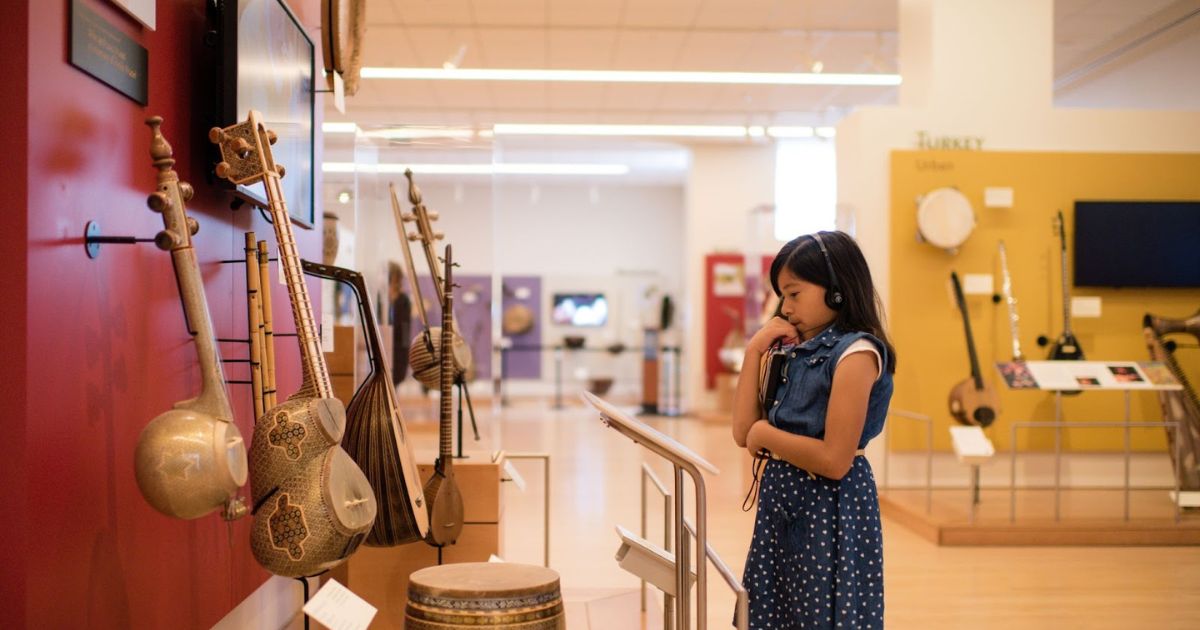CPR, or cardiopulmonary resuscitation, is a life-saving emergency procedure used when someone has stopped breathing or their heart has stopped beating. It includes chest compressions and rescue breaths and is usually performed in cases of cardiac arrest, near-drowning, or similar emergencies. The main goal of CPR is to keep blood flowing to vital organs, especially the brain, until professional help arrives.
Understanding CPR Certification Types
In Australia, CPR certification is often obtained through nationally recognized training courses, aligned with the Australian Resuscitation Council guidelines. These courses can be completed in as little as 4.25 hours and include different units depending on the scope. HLTAID009 – Provide cardiopulmonary resuscitation is a CPR-only course. HLTAID011 – Provide First Aid includes CPR and broader first aid skills. HLTAID012 – Provide First Aid in an education and care setting is designed for those working in childcare and also includes CPR.
How Long is CPR Certification Valid?
The HLTAID009 CPR certificate is valid for 12 months. While First Aid certificates like HLTAID011 and HLTAID012 are generally valid for 3 years, CPR needs to be refreshed annually due to skill fade and safety regulations.
| Unit Code | Description | Validity |
|---|---|---|
| HLTAID009 | Provide CPR | 12 months |
| HLTAID011 | Provide First Aid (includes CPR) | 3 years |
| HLTAID012 | First Aid in education/care setting | 3 years |
What Affects Certificate Expiry?
Although CPR certification has a fixed expiration period, several factors can influence how often individuals should renew. Workplace requirements may mandate renewal more frequently than every 12 months. Legal compliance is governed by Safe Work Australia and related industry regulations, which may vary. Skill degradation is another key concern, with studies showing that significant skill fade can occur within 3–12 months after training. Additionally, individuals working in high-risk environments—such as with children, the elderly, or in medical settings—may need to renew more frequently to ensure readiness.
Why Renewing Your CPR Certificate Matters
When cardiac arrest strikes, time is critical. If CPR is administered within the first two minutes, the chances of survival double. Beyond saving lives, effective CPR maintains oxygen supply to vital organs, reducing the risk of brain damage or death. By staying current, you’re not just ticking a box—you’re remaining prepared to act confidently in emergencies. Many people seek CPR training for workplace compliance, but countless others do so for peace of mind. You might never use it, but if you do, it could be for someone you love.
How to Renew CPR & First Aid Certifications
To remain compliant and ready, CPR (HLTAID009) must be renewed every 12 months. You can do this by enrolling in a standalone CPR course or as part of a First Aid refresher (HLTAID011 or HLTAID012). These refresher courses typically take just a few hours and can be repeated as often as needed. Renewal options include standalone CPR refresher courses (HLTAID009), full First Aid course renewals (HLTAID011 or HLTAID012), and blended formats that combine online theory with in-person practical sessions.
Industry Requirements & Legal Implications
Workplaces in Australia are legally responsible for ensuring staff have up-to-date first aid and CPR training. Safe Work Australia provides national guidance, while individual states may have additional requirements. Employers may face legal liability if unqualified staff are unable to respond effectively in emergencies. Renewing your certificate isn’t just best practice—it’s a protective measure for yourself, your colleagues, and your organisation.
FAQ: CPR Certificate Duration in Australia
How long does HLTAID009 last?
HLTAID009 CPR certificates are valid for 12 months in Australia.
Do CPR certificates expire in Australia?
Yes. While First Aid certificates last 3 years, CPR needs annual renewal to remain current.
Can I renew CPR separately from first aid?
Yes. HLTAID009 can be renewed on its own without retaking the full first aid course.
What happens if my CPR certificate expires?
You may be legally non-compliant at work and unprepared to respond in an emergency. Renew as soon as possible.
Stay Ready—Be the Lifesaver
Despite the ease and accessibility of CPR training, fewer than 5% of Australians are certified. With just a few hours of your time, you can be empowered to act swiftly and confidently when it matters most.








